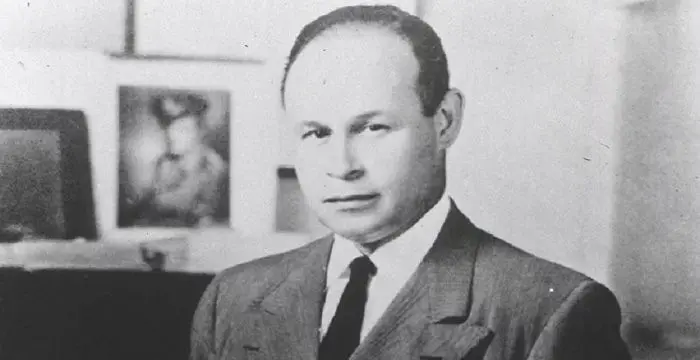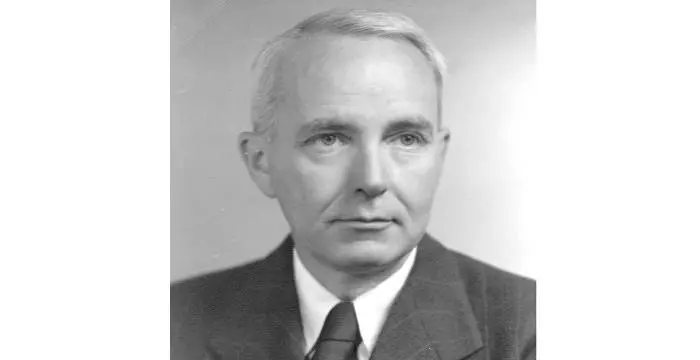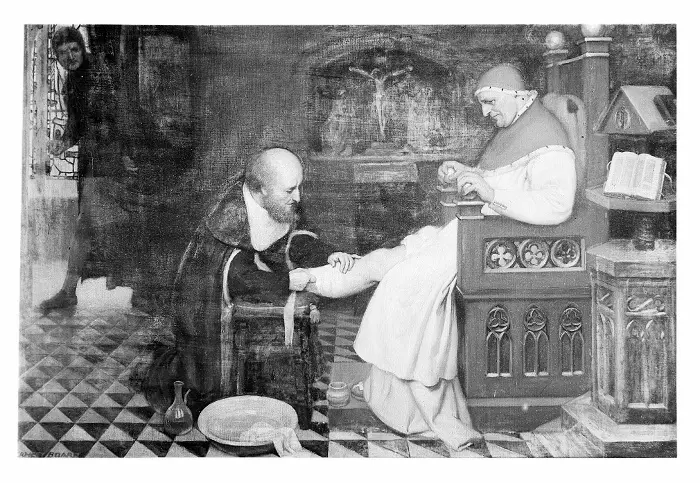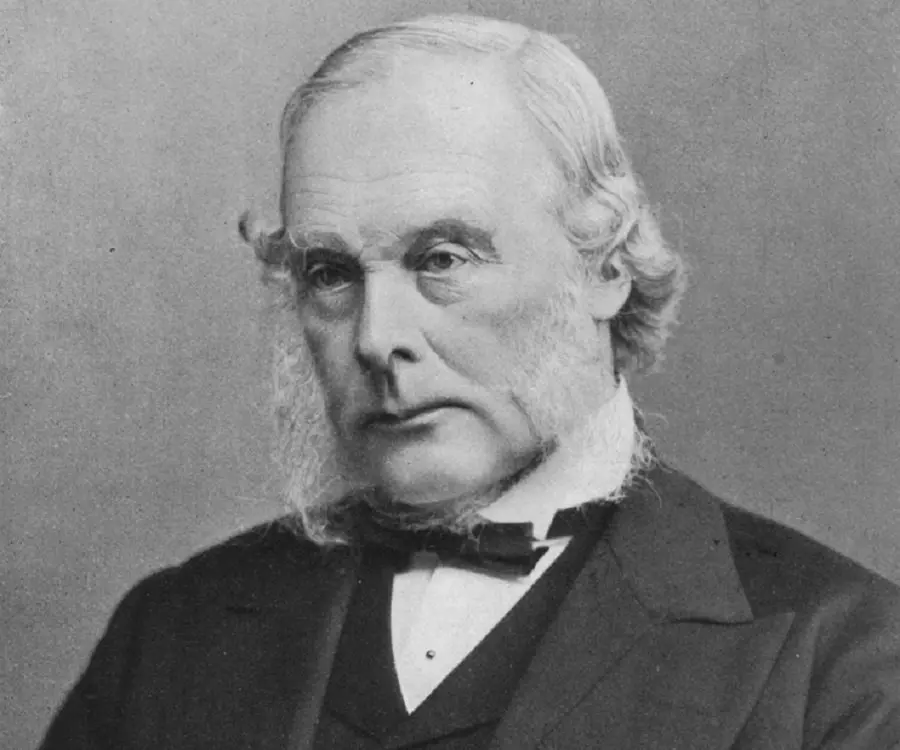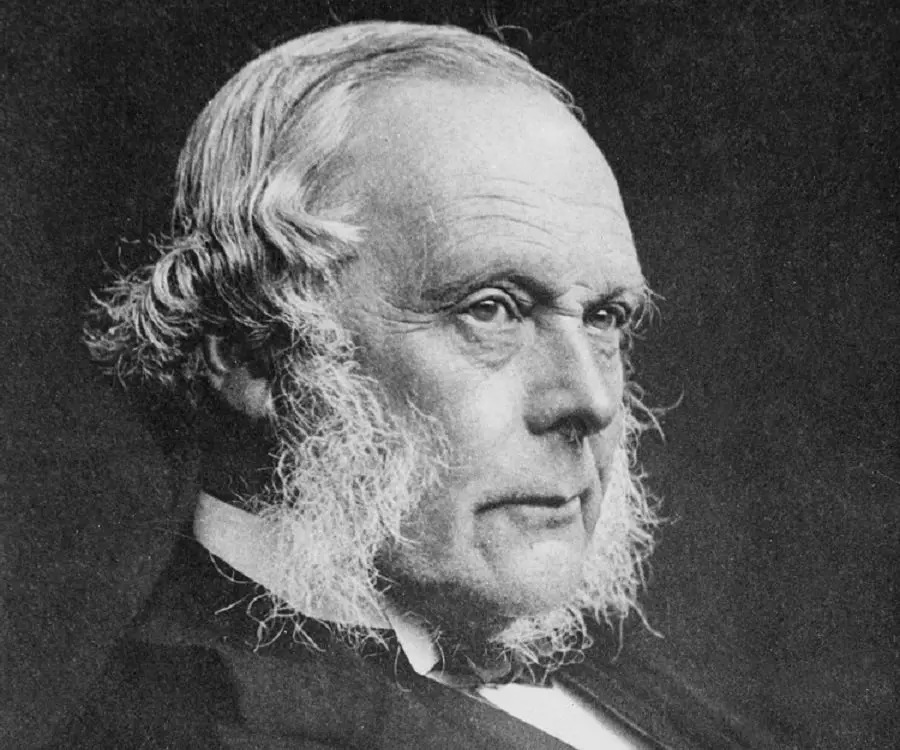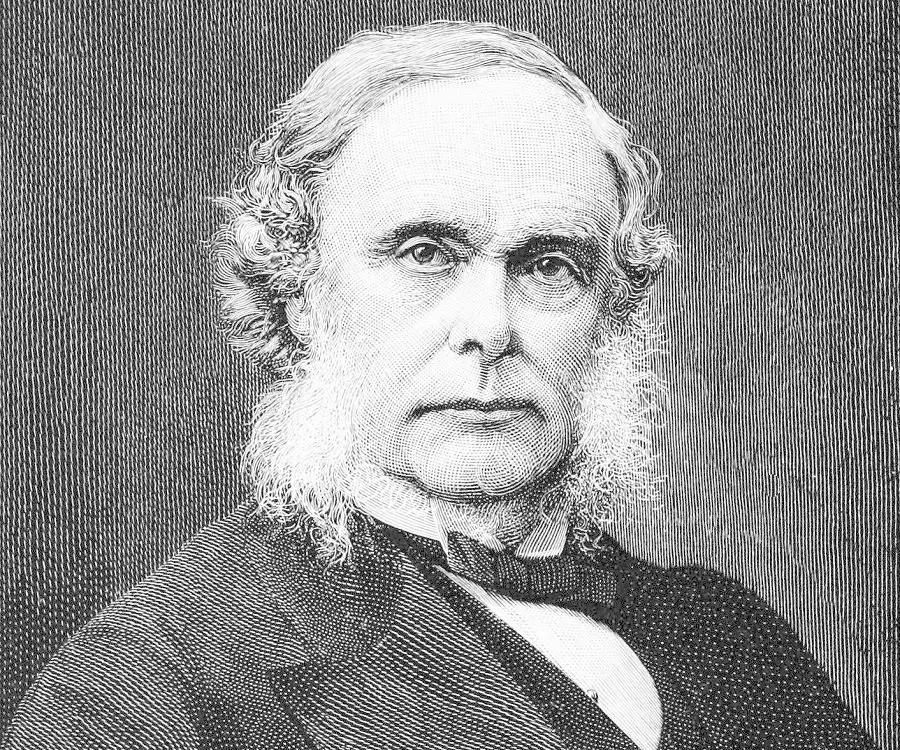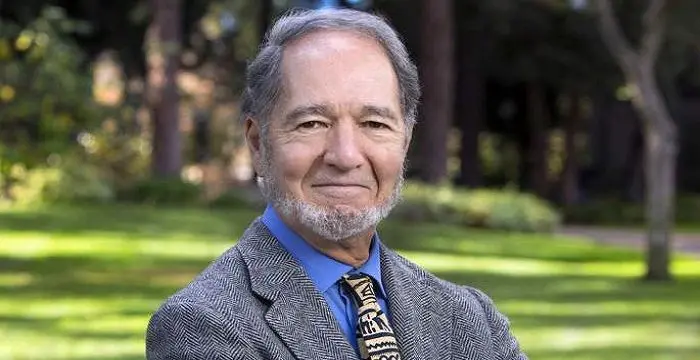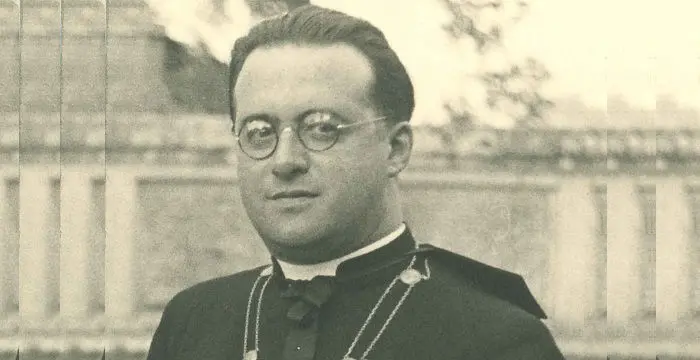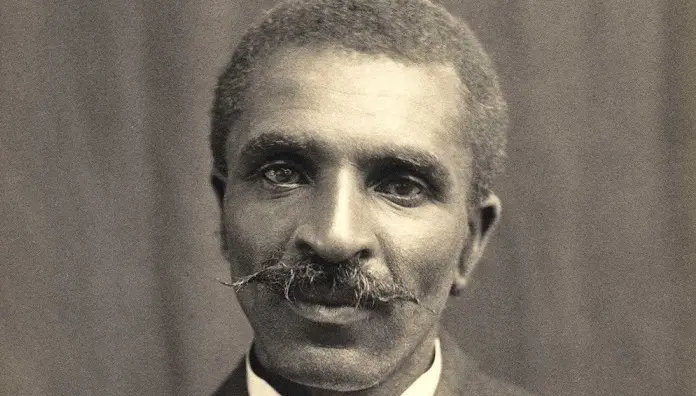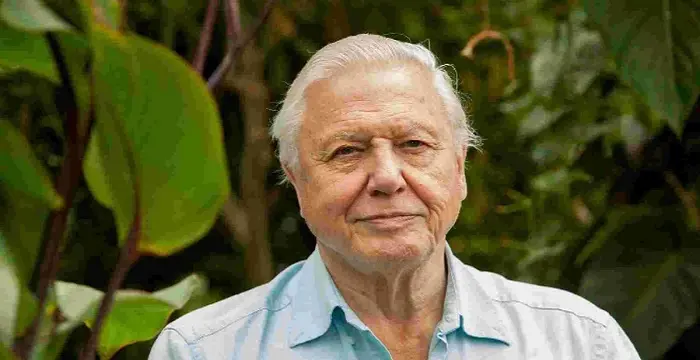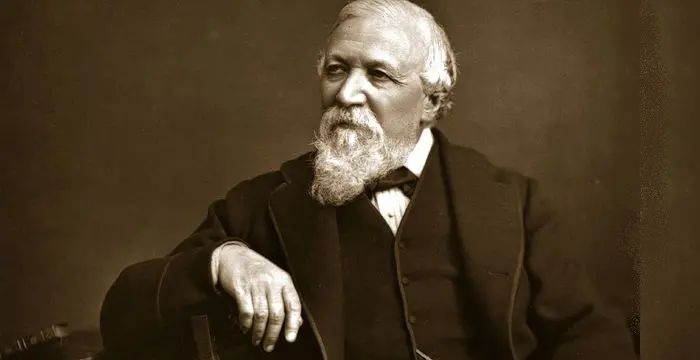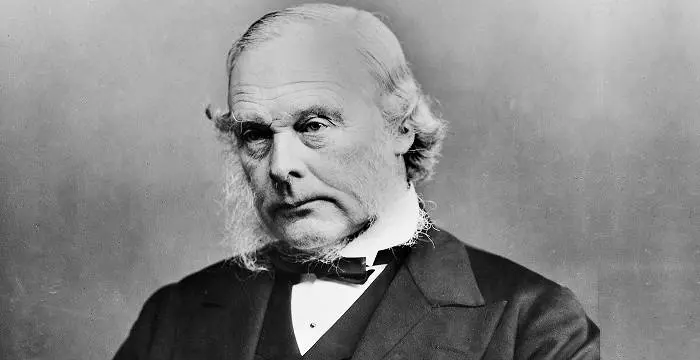
Joseph Lister - Scientists, Family and Childhood
Joseph Lister's Personal Details
Joseph Lister was a British surgeon who was the founder of antiseptic medicine
| Information | Detail |
|---|---|
| Birthday | April 5, 1827 |
| Died on | February 10, 1912 |
| Nationality | British |
| Famous | Oxford University, University College London, Physicians, Surgeons, Scientists, Scientists, Surgeons |
| Spouses | Agnes Syme |
| Universities |
|
| Notable Alumnis |
|
| Birth Place | West Ham |
| Gender | Male |
| Father | Joseph Jackson Lister |
| Mother | Isabella Harris |
| Sun Sign | Aries |
| Born in | West Ham |
| Famous as | Surgeon and Scientist |
| Died at Age | 84 |
// Famous Surgeons
Charles R. Drew
Charles R. Drew was an American physician and surgeon who introduced the concept of ‘blood bank’. This biography profiles his childhood, life, works, career, achievements and timeline.
Charles Brenton Huggins
Charles Huggins was a Canadian-born American physician, surgeon and physiologist who won the Nobel Prize for Physiology or Medicine in 1966. This biography provides detailed information about his childhood, life, research, achievements & timeline.
Guy De Chauliac
Chauliac was one of the most distinguished surgeons of the early medieval period. Read on to know more on his childhood, life and timeline in this biography.
Joseph Lister's photo
Who is Joseph Lister?
Joseph Lister was a British surgeon who was the founder of antiseptic medicine and a pioneer in preventive medicine. He is credited to have introduced the method of sterilizing surgical instruments with carbolic acid which greatly reduced the risk of post-operative infections in patients. Up until that time, it was generally believed that chemical damage from exposures to bad air was responsible for infections in wounds and doctors were not even required to wash their hands before performing surgeries. Lister read about the experiments in fermentation conducted by French chemist Louis Pasteur and conducted his own experiments to conclude that micro-organisms were responsible for the infections in patients. He set about trying to find an effective method of eliminating the micro-organisms by exposing them to strong chemicals. After extensive experimentation, he found an effective antiseptic in carbolic acid. He treated the surgical instruments and wounds of patients with the chemical and discovered that when the solution was swabbed on wounds, it remarkably reduced the incidence of gangrene. Excited by his findings, he published his results in ‘The Lancet’. He instructed other surgeons to wash their hands and instruments with 5% carbolic acid solutions before operations, and this dramatically brought down the mortality rates from infection. Hailed a hero for his significant discoveries, Lister won worldwide acclaim and was made a baron by Queen Victoria.
// Famous Scientists
Jared Diamond
Jared Mason Diamond is an American scientist and author reputed for his highly acclaimed and popular science books.
Georges Lemaître
Georges Lemaitre was a Belgian scientist and priest. This biography of Georges Lemaitre profiles his childhood, life, career, achievements and timeline.
George Washington Carver
George Washington Carver was an American scientist and inventor. This biography provides detailed information about his childhood, life, achievements and timeline.
Childhood & Early Life
Joseph Lister was born on 5 April 1827, in West Ham, England, to Joseph Jackson Lister, an amateur British opticist and physicist and his wife Isabella Harris, as one of their seven children. His father was a pioneer of achromatic object lenses for the compound microscope.
Bright and curious as a young child, he studied fish and small animals. It did not take him long to realize that he was meant to be a surgeon when he grew up.
He studied mathematics, natural science, and languages in Grove House School, and became fluent in French and German. He entered University College in London in 1844 and obtained a Bachelor of Arts degree in 1847.
He then registered as a medical student at the same college and graduated with a bachelor of medicine with honors in 1852. He became a fellow of the Royal College of Surgeons and house surgeon at University College Hospital the same year.
Career
He went to Edinburgh, Scotland, in the fall of 1853 and became acquainted with James Syme, the greatest surgical teacher of his day. The following year, Lister became an assistant to Syme at the University of Edinburgh, Edinburgh Royal Infirmary. He was appointed a surgeon at the infirmary in 1856 and became a professor of surgery at the Royal Infirmary in Glasgow in 1860.
During that era, surgeries were very risky procedures. Many times the patients would develop infections and die shortly afterwards even if the actual surgery had been successful. It was generally believed that it was exposure to bad air that caused infections in wounds.
In 1864, Lister read a paper published by the French chemist, Louis Pasteur, which showed that fermentation and food spoilage could be caused by the presence of micro-organisms. Pasteur had also given three possible methods of eliminating micro-organisms—filtration, exposure to heat, or exposure to chemical solutions.
Intrigued by Pasteur’s findings, Lister conducted his own experiments which confirmed the Frenchman’s discoveries. Lister was now motivated to develop "antiseptic" techniques for wounds.
At around the same time, Lister also read about the treatment of sewage with a chemical called carbolic acid that had led to a reduction in diseases among the people of Carlisle, England, and among the cattle grazing on sewage-treated fields. Experimenting with the same chemical, Lister developed a technique of treating surgical instruments with carbolic acid.
In August 1865, he applied a solution of carbolic acid to a serious wound on the leg of a seven-year-old boy. No infection developed and the wound healed completely after six weeks. This was an amazing discovery given that infections were very common in those days. Lister went on to publish his results in ‘The Lancet’ in a series of six articles.
Following his findings, he instructed the other surgeons to wash their hands before and after surgery with carbolic acid solution, and to also wash the instruments in the same solution. As a result of adopting his methods, the risk of mortality by infection fell considerably.
Lister returned to Edinburgh in 1869 as successor to Syme as Professor of Surgery at the University of Edinburgh. There he continued to work on developing improved methods of antisepsis and asepsis. Famous by now, hundreds of people flocked to hear him speak and the "germ theory of disease" became more widely accepted.
He later on moved from Scotland to King's College Hospital, in London, and was elected President of the Clinical Society of London. He also served as the president of the Royal Society between 1895 and 1900.
Major Works
Joseph Lister was a pioneer in antiseptic surgical methods which became popular following the publication of his paper, ‘Antiseptic Principle of the Practice of Surgery’ in 1867. He advocated the use of carbolic acid to kill the germs present in surgical instruments and on the hands of surgeons before any surgery was performed.
Awards & Achievements
He was bestowed with the Royal Medal in 1880 and the Albert Medal in 1894.
In 1883, Queen Victoria made him a Baronet, of Park Crescent in the Parish of St Marylebone in the County of Middlesex and raised him to the peerage as Baron Lister, of Lyme Regis in the County of Dorset in 1897.
He won the Copley Medal in 1902 "In recognition of the value of his physiological and pathological researches in regard to their influence on the modern practice of surgery".
He was also the recipient of Prussia´s highest order of merit, the Pour le mérite.
Personal Life & Legacy
He married his mentor James Syme's daughter, Agnes. His wife was very supportive of his medical research and the two had a happy marriage. The couple did not have any children.
Lister died on 10 February 1912 at the age of 84 and was buried at West Hampstead Cemetery, London.
Lister Hospital in Stevenage, Hertfordshire, England is named in honor of Lister.
In 1879, Listerine mouthwash was named after him for his work in antisepsis.
Two postage stamps were issued in 1965 to honor Lister’s contributions to antiseptic surgery.
// Famous University College London
Pietro Boselli
Pietro Boselli is an Italian model, engineer, teacher, and fitness athlete who became famous as the ‘world’s sexiest math teacher’. Check out this biography to know about his birthday, childhood, family life, achievements and fun facts about him.
David Attenborough
Sir David Attenborough is an English broadcaster and naturalist. This biography offers detailed information about his childhood, life, works, achievements, trivia and timeline.
Robert Browning
Robert Browning was a famous English poet and playwright. Check out this biography to know about his childhood, family life, achievements and other facts about his life.
Joseph Lister's awards
| Year | Name | Award |
|---|---|---|
Other | ||
| 0 | 1902 - Copley Medal | |
Joseph Lister biography timelines
- // 5th Apr 1827Joseph Lister was born on 5 April 1827, in West Ham, England, to Joseph Jackson Lister, an amateur British opticist and physicist and his wife Isabella Harris, as one of their seven children. His father was a pioneer of achromatic object lenses for the compound microscope.
- // 1844 To 1847He studied mathematics, natural science, and languages in Grove House School, and became fluent in French and German. He entered University College in London in 1844 and obtained a Bachelor of Arts degree in 1847.
- // 1852He then registered as a medical student at the same college and graduated with a bachelor of medicine with honors in 1852. He became a fellow of the Royal College of Surgeons and house surgeon at University College Hospital the same year.
- // 1853 To 1860He went to Edinburgh, Scotland, in the fall of 1853 and became acquainted with James Syme, the greatest surgical teacher of his day. The following year, Lister became an assistant to Syme at the University of Edinburgh, Edinburgh Royal Infirmary. He was appointed a surgeon at the infirmary in 1856 and became a professor of surgery at the Royal Infirmary in Glasgow in 1860.
- // 1864In 1864, Lister read a paper published by the French chemist, Louis Pasteur, which showed that fermentation and food spoilage could be caused by the presence of micro-organisms. Pasteur had also given three possible methods of eliminating micro-organisms—filtration, exposure to heat, or exposure to chemical solutions.
- // 1865In August 1865, he applied a solution of carbolic acid to a serious wound on the leg of a seven-year-old boy. No infection developed and the wound healed completely after six weeks. This was an amazing discovery given that infections were very common in those days. Lister went on to publish his results in ‘The Lancet’ in a series of six articles.
- // 1867Joseph Lister was a pioneer in antiseptic surgical methods which became popular following the publication of his paper, ‘Antiseptic Principle of the Practice of Surgery’ in 1867. He advocated the use of carbolic acid to kill the germs present in surgical instruments and on the hands of surgeons before any surgery was performed.
- // 1869Lister returned to Edinburgh in 1869 as successor to Syme as Professor of Surgery at the University of Edinburgh. There he continued to work on developing improved methods of antisepsis and asepsis. Famous by now, hundreds of people flocked to hear him speak and the "germ theory of disease" became more widely accepted.
- // 1879In 1879, Listerine mouthwash was named after him for his work in antisepsis.
- // 1880He was bestowed with the Royal Medal in 1880 and the Albert Medal in 1894.
- // 1883In 1883, Queen Victoria made him a Baronet, of Park Crescent in the Parish of St Marylebone in the County of Middlesex and raised him to the peerage as Baron Lister, of Lyme Regis in the County of Dorset in 1897.
- // 1895 To 1900He later on moved from Scotland to King's College Hospital, in London, and was elected President of the Clinical Society of London. He also served as the president of the Royal Society between 1895 and 1900.
- // 1902He won the Copley Medal in 1902 "In recognition of the value of his physiological and pathological researches in regard to their influence on the modern practice of surgery".
- // 10th Feb 1912Lister died on 10 February 1912 at the age of 84 and was buried at West Hampstead Cemetery, London.
// Famous Scientists
Juliane Koepcke
Juliane Koepcke is a German-Peruvian biologist, who was the lone survivor among the 92 passengers and crew of the ill-fated LANSA Flight 508 that crashed in the Peruvian rainforest on 24 December 1971. Know more about her life in this biography.
Henry Cavendish
Henry Cavendish was a theoretical chemist and physicist, renowned for discovery of hydrogen and calculation of the mass of earth. To know more about his childhood, profile, timeline and career read on
Konstantin Tsiolkovsky
Konstantin Tsiolkovsky was a Russian rocket scientist and a pioneer of astronautics. This biography provides detailed information about his childhood, family, personal life, career, achievements, etc.
Gabe Newell
Gabe Newell is an American computer programmer and businessman, best known as the co-founder of ‘Valve Corporation.’ This biography provides detailed information about his childhood, family, personal life, career, etc.
Grigori Perelman
Grigori Perelman is a Russian mathematician who is best known for his contributions to Riemannian geometry and geometric topology. Check out this biography to know about his childhood, family life, achievements and fun facts about him.
Eduardo Saverin
Eduardo Luiz Saverin is a Brazilian internet entrepreneur and investor. This biography profiles his childhood, life, career, achievements, and timeline
Joseph Lister's FAQ
What is Joseph Lister birthday?
Joseph Lister was born at 1827-04-05
When was Joseph Lister died?
Joseph Lister was died at 1912-02-10
Where was Joseph Lister died?
Joseph Lister was died in Walmer
Which age was Joseph Lister died?
Joseph Lister was died at age 84
Where is Joseph Lister's birth place?
Joseph Lister was born in West Ham
What is Joseph Lister nationalities?
Joseph Lister's nationalities is British
Who is Joseph Lister spouses?
Joseph Lister's spouses is Agnes Syme
What was Joseph Lister universities?
Joseph Lister studied at Oxford University,University College London, University of London, University College London
What was Joseph Lister notable alumnis?
Joseph Lister's notable alumnis is Oxford University, University College London
Who is Joseph Lister's father?
Joseph Lister's father is Joseph Jackson Lister
Who is Joseph Lister's mother?
Joseph Lister's mother is Isabella Harris
What is Joseph Lister's sun sign?
Joseph Lister is Aries
How famous is Joseph Lister?
Joseph Lister is famouse as Surgeon and Scientist
